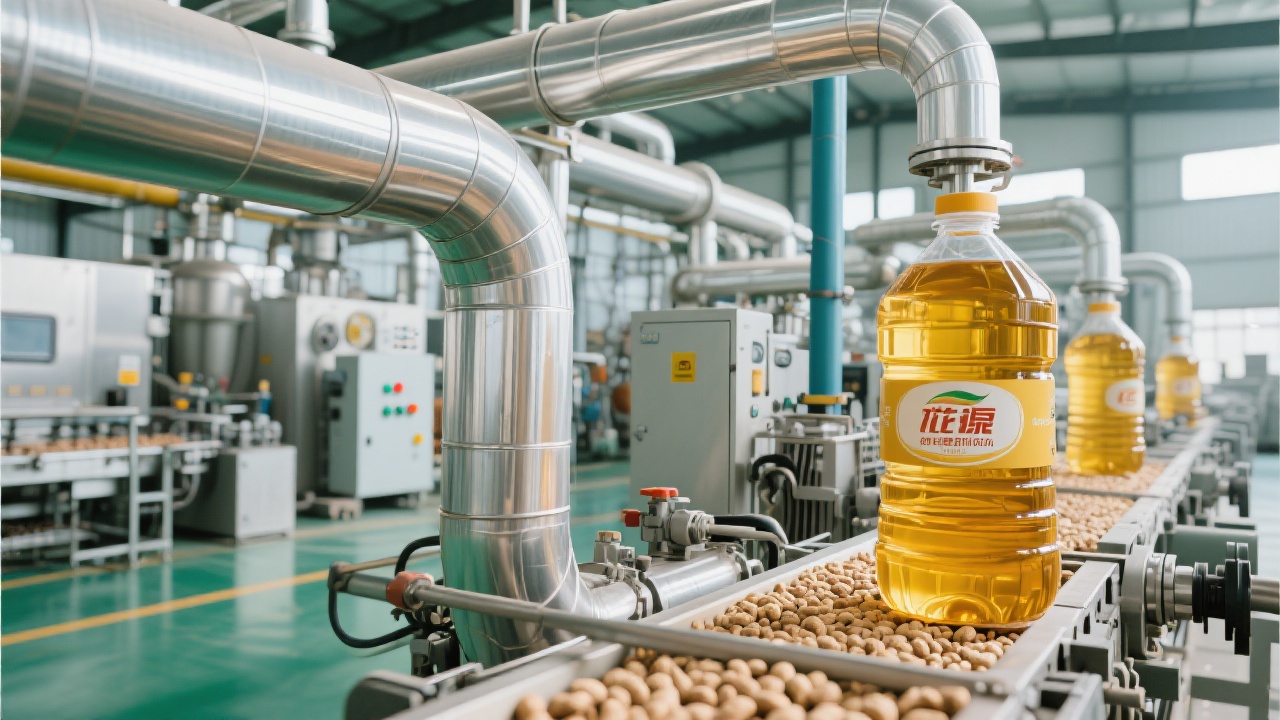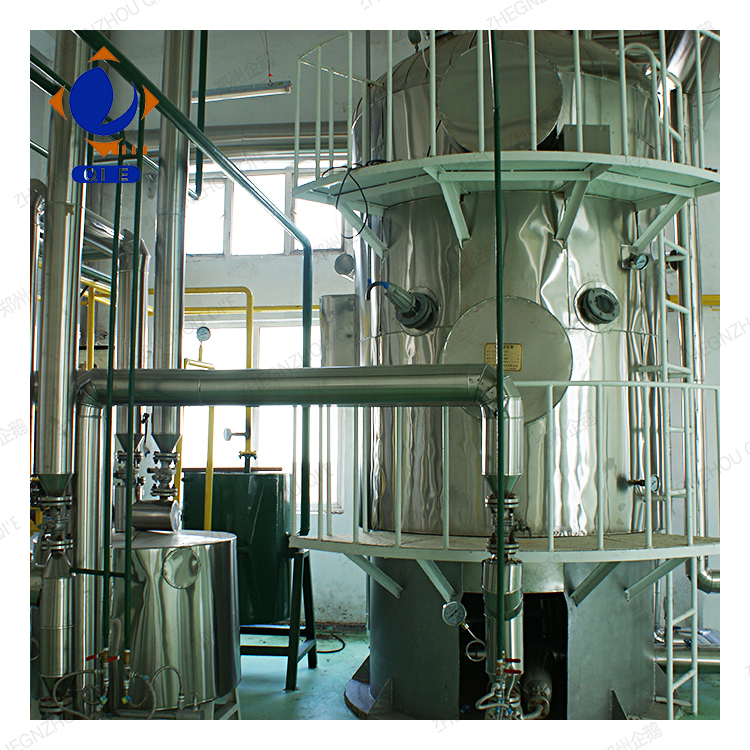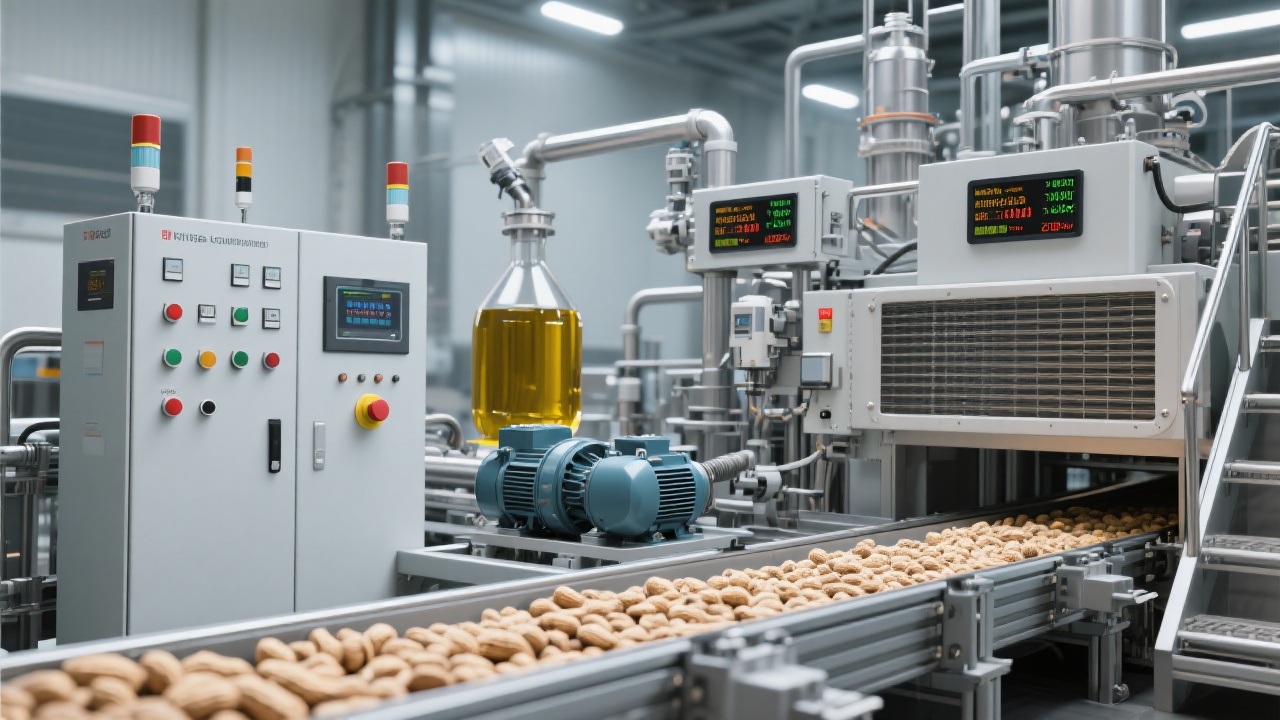
In the global edible oil industry, the shift toward energy-efficient and automated solutions is more than a trend—it’s a necessity. Among these, fully automatic peanut oil press machines have gained remarkable traction with export clients worldwide. But what exactly makes these machines the preferred choice for savvy producers aiming to boost productivity, reduce operational costs, and maintain consistent oil quality? Let's delve into the energy-saving and automation control advantages that set these presses apart.
The core of a fully automatic peanut oil press is its cutting-edge automation control system, designed to optimize every step from raw material feeding to oil extraction and cake discharge. Compared to semi-automatic or manual presses, these machines reduce energy consumption by approximately 25-30%, according to industry benchmarks. This efficiency stems from smart sensor feedback loops and precise motor control, which prevent wasteful overuse of power while ensuring continuous, stable operation.
Beyond saving electricity, automation decreases human error and downtime. The integrated control panel enables real-time monitoring of parameters such as temperature, pressure, and motor load. This allows operators—whether seasoned professionals or newcomers—to maintain optimal operating conditions effortlessly, securing a consistent high-quality output batch after batch.
| Machine Type | Energy Consumption (kWh/ton) | Output Consistency | Maintenance Frequency |
|---|---|---|---|
| Manual Press | 320 | Variable | High |
| Semi-Automatic Press | 260 | Moderate | Medium |
| Fully Automatic Press | 180 | High | Low |
Notably, this table highlights the tangible advantages in operational efficiency and maintenance ease, crucial metrics for export clients scrutinizing total cost of ownership beyond initial capital expenditure.
Overseas customers often stress multiple factors in their purchasing decisions. Beyond energy savings and automation control, fully automatic peanut oil press machines excel due to their robust build quality, meeting international standards such as CE and ISO certifications.
This ensures reliable performance even in harsh environments—something observed in diverse regions from the humid tropics of Southeast Asia to the arid Middle East. Moreover, user-friendly interfaces and modular designs significantly reduce the learning curve and simplify maintenance, a strong selling point for operations with limited technical staff.
“Switching to a fully automatic peanut oil press cut our energy costs by nearly 30%, and the stabilization in output quality boosted our client satisfaction reviews significantly,” said a Nigerian exporter who transitioned last year.
Our clients span from small family-owned oil mills processing under 2 tons daily to industrial-scale exporters exceeding 50 tons per day. In a mid-sized case, a Vietnamese plant upgraded to fully automatic presses achieving a 15% production increase within 6 months, paired with a 20% drop in downtime. Return on investment was realized within 18 months—surpassing prior projections by 3 months.
And, interestingly, some clients noted increased worker satisfaction due to eased manual labor demands and reduced operational fatigue, which indirectly benefits overall productivity.
When deciding on your machine, consider your daily processing capacity, raw peanut quality variability, and available technical manpower. Oversizing can inflate costs without proportional gains, while undersizing may cause bottlenecks.
Also, installation precision is critical. Common pitfalls include incorrect alignment of feeding systems or ignoring the required ambient temperature controls, which can introduce variability and shorten machine lifespan. Using manufacturer-approved installation guides and onsite technician training is highly recommended.
Furthermore, the strength of your supplier's after-sales service will significantly impact your ongoing operational success and cost-efficiency.
Fully automatic peanut oil press machine suppliers with comprehensive after-sales networks offer remote diagnostics, timely parts delivery, and periodic maintenance training sessions. These services reduce downtime risk and ensure your equipment adapts to any evolving production demands.
Taking a holistic view of equipment performance through the lens of lifecycle support is becoming a key differentiator among exporters worldwide.

Ready to boost your oil production with a high-efficiency and stable fully automatic peanut oil press? Discover customized solutions tailored to your scale and budget—Explore Our Expert Selection Guide Now.

As global demand for sustainable food production rises, choosing equipment with cutting-edge automation and energy-saving technology isn't just smart—it's imperative for staying ahead. Have you encountered challenges in achieving consistent oil output or managing operational costs with older presses? If so, you’re not alone.
Feel free to share your specific requirements or hurdles, and we can provide you with three real-world case studies tailored to your region and scale.

Unlock your plant’s full potential with a proven, energy-efficient solution. Request tailored case studies & detailed consultations here.

